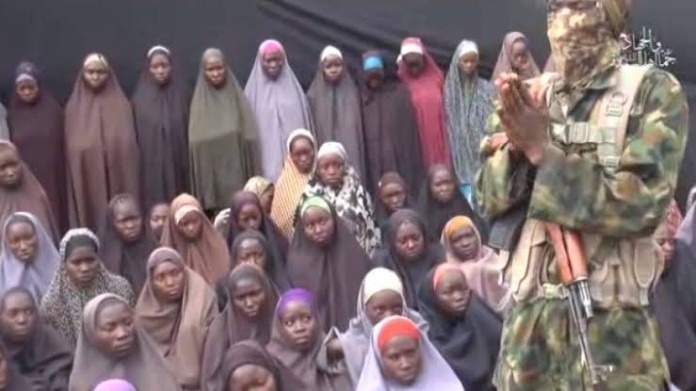…Says 1,680 Nigerian school children abducted in 10 years
By Umar Sa’id Bauchi
United Nations Children’s Fund (UNICEF) on Monday expressed concern that attacks and abductions of schoolchildren in Nigerian have been on the rise since the kidnapping of 260 schoolgirls from Government Secondary School, Chibok, Borno State, in the North East, 10 years ago.
The UN body in a report released on Monday said in the last 10 years, conflict-related violence has led to more than 1,680 children abducted while at school and elsewhere; 180 children killed due to attacks on schools; an estimated 60 school staff kidnapped and 14 killed, and more than 70 attacks on schools.
UNICEF also observed that 90 girls remain in captivity as the country is recovering from another abduction of schoolchildren in Kaduna state in March this year.
A statement issued yesterday by UNICEF communication specialist, Susan Akila called on the government to intensify efforts to protect children, the country’s most vulnerable population.
UNICEF released today the ‘Minimum Standards for Safe Schools (MSSS) Monitoring Report,’ revealing a stark reality: the journey toward ensuring every Nigerian child can learn in a safe environment is far from over, saying most notably, the report shows that just 37 % of schools across 10 states have early warning systems in place to identify threats, such as school attacks.
“The kidnapping of the Chibok girls was a wake-up call to the severe risks our children face in their pursuit of education,” said Ms. Cristian Munduate, UNICEF Representative in Nigeria.
“Today, reflecting on this tragedy and other recent abductions, it is evident that our efforts to safeguard our children’s futures must be amplified. Given these alarming statistics, we must address not only the symptoms but also the root causes of this crisis. Education is a fundamental right and a crucial pathway out of poverty. Yet, for too many Nigerian children, it remains an unattainable dream.”
The analysis looked at 6 result areas – strong school system, violence against children, natural hazards, conflict, everyday hazards, and safe school infrastructure – and uncovered significant disparities in the implementation of safe school standards across Nigerian states.
The statement added that Borno State, with a 70% fulfilment of the standards, exemplifies a strong commitment to child safety amidst adversity, Yobe State also demonstrates promising progress but, In contrast, Kaduna and Sokoto states lag significantly, with fulfilment rates at just 25% and 26 %, respectively.
In addition to the finding on early warning systems and conflict, the report shows that while schools perform relatively well in terms of training school-based management committees on safety and responding to children’s well-being concerns, only 14 % of the participating schools across the 10 assessed states have functioning, safe, accessible infrastructure and just 36 % have school staff trained on natural hazards.







